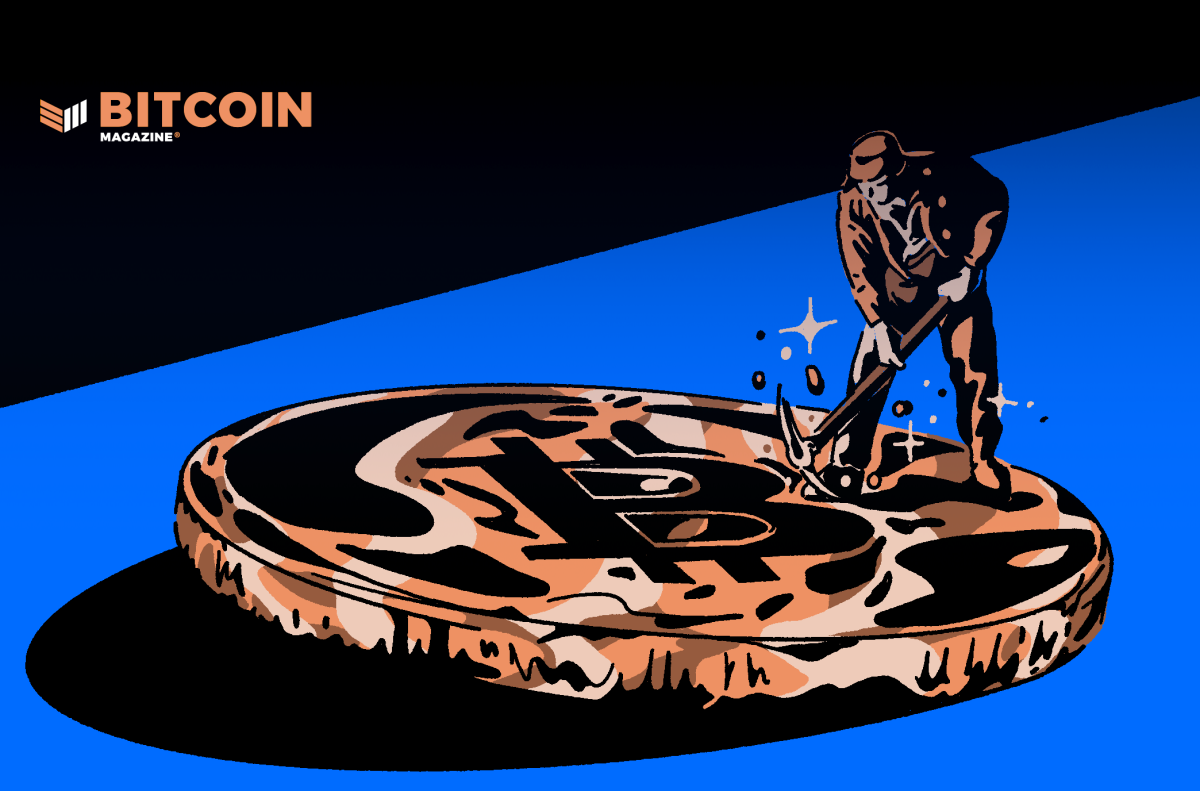
As Barry and Larry and Benny pontificate that things can only get better we are reminded that things have in fact been worse. After all its' only been 54 years since consumer prices showed an annual decline and a paltry 64 years since industrial production collapsed as fast.
However, don't panic, green shoots abound ... especially in the worse case scenario of the stress tests that the Federales have been threatening to share with us (end of April ... no...no...make that 'early' May):Per Bloomberg, the baseline forecast projected a 2 percent economic contraction and an 8.4 percent jobless rate in 2009, followed by 2.1 percent growth and 8.8 percent unemployment in 2010; an “alternative more adverse” scenario had a 3.3 percent contraction in 2009, accompanied by 8.9 percent unemployment, followed by 0.5 percent growth and 10.3 percent jobless in 2010.
Pay no mind that the Federales protest that they aren't all completed yet even though Goldie says they did theirs' in 4 days.
Focus rather on what Richard Fisher president of the Dallas Fed said on April 8th: 'The U.S. economy probably shrank in the just-ended first quarter of 2009 at a rate similar to the 6.3 percent annual decline posted in the fourth quarter of 2008...
If Fisher is correct, anything worse than a 2.3% average contraction over Q2-Q4 2009 would put us under the worse case stress test scenario. That would be (optimistically) consistent with today's beige book : overall economic activity either contracted or remained weak but five of the twelve Districts noted a moderation in the pace of decline, and several saw signs that activity in some sectors was stabilizing at a low level.
The most bullisht spin is its' getting worse but at a slower pace.
As far as unemployment, well, the 'worse-case' is 8.9 and this month we jumped from 8.1 to 8.5. If the pace of decline is 'moderating' we jump to around 8.9 in May... if things are getting worse at a slower pace we break 8.9 in June.
The key is to examine continuing claims, they have gained for 12 consecutive weeks...hitting a record high for 10 straight weeks although the labor force is of course larger than it was for the previous record... because as stated by Ian Sheperdson, chief U.S. economist at High Frequency Economics, "Claims are typically one of the very first indicators to signal economic recovery, and there is no sign of that in the data yet."
When the Federales come out with their guide book prior to releasing the actual stress test results (aggregate? individually? euphemistically?) chances are their best case will be the worst case.
Gun to head, the most logical conclusion a discerning observer will be able to gather from this 'American Idolatry' competition? - some banksters are more equal than others.




No comments:
Post a Comment